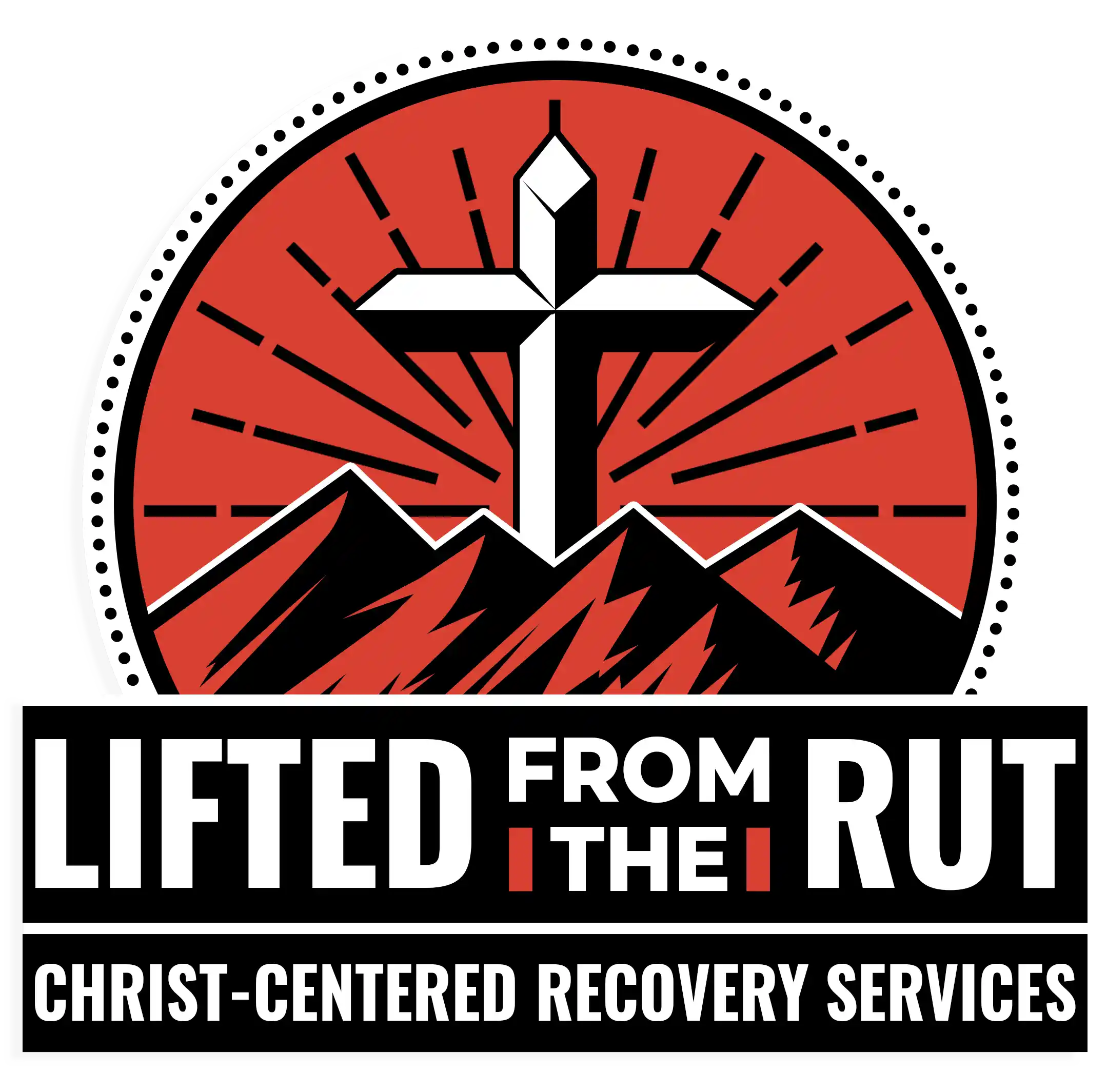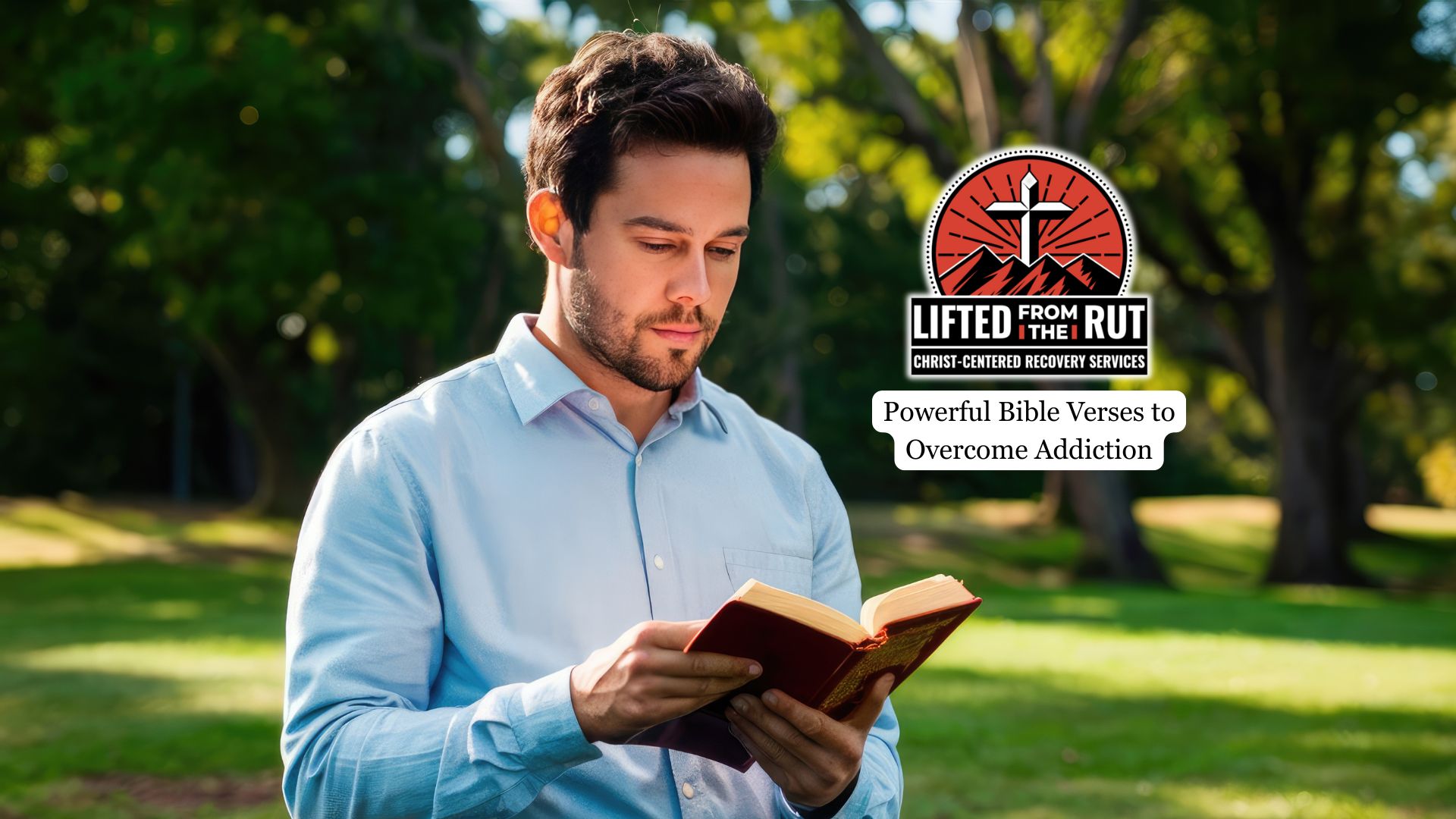If you are facing the brutal battle of addiction, you might wonder where to turn for help that truly makes a change. Overcoming addiction is a challenging journey that requires strength, support, and hope. The Bible, as a source of divine wisdom and encouragement, provides powerful verses that can inspire and empower individuals struggling with addiction.
In this article, we will explore addiction from a biblical perspective, highlight the role of prayer, present ten impactful Bible verses, and outline practical steps to overcome addiction with biblical support.
Understanding Addiction from a Biblical Perspective
Addiction is more than a physical or psychological struggle. It is deeply connected to your spiritual condition. The Bible acknowledges the struggles you face with temptation and sin. The holy scriptures remind you that everyone faces moments of weakness.
From a biblical standpoint, addiction can be seen as a manifestation of a spiritual void caused by sin and separation from God. This void leads you to seek fulfillment and escape in substances or behaviours that ultimately enslave you.
Addiction is viewed as a form of bondage that can be broken through repentance, faith, and the renewed work of God in the heart. Scripture encourages you to confess your sins, turn away from destructive patterns, and pursue a life aligned with God’s will.
Recovery is not portrayed as an instant fix but rather as a progressive journey of sanctification, supported by God’s grace and the community of faith. The Bible emphasizes resilience, reminding believers that though they may fall, they can rise again through God’s strength and forgiveness. Building a relationship with God helps you break cycles of addiction by rediscovering the power of faith.
Faith plays a vital role in addiction recovery by addressing the physical, emotional, and especially spiritual dimensions essential for lasting healing. It provides you with a foundation of hope, purpose, and resilience, helping you find strength and comfort through your beliefs during difficult times.
In faith-based addiction treatment, spiritual beliefs and practices are integrated with evidence-based therapies to address addiction holistically, focusing on your physical, mental, and spiritual needs. The core philosophy emphasizes the role of a higher power in recovery, promoting forgiveness, redemption, and alleviating guilt and shame associated with addiction. For instance, our faith-based Outpatient Program (OP) in Littleton, Colorado, offers a flexible and compassionate addiction treatment option that integrates Christian values with evidence-based clinical practices.
The Role of Prayer in Overcoming Addiction
Prayer is our vital connection to God’s strength and comfort. Through prayer, you admit your struggles honestly to God and invite Him to work in your life. This form of spiritual discipline also serves as a crucial spiritual resource that supports you in your challenging journey to sobriety.
Through prayer, you can find peace amid cravings and withdrawal symptoms, drawing on the assurance that God is always present and attentive to your needs. It also helps in cultivating a deeper relationship with God, which is essential for lasting transformation.
On top of all, prayer encourages you to resist temptation and stay vigilant. For example, biblical passages such as Matthew 26:41 (“Watch and pray so that you shall not fall prey to temptation”) highlight the protective power of prayer in moments of weakness.

10 Powerful Bible Verses to Strengthen and Encourage
Life often brings challenges that test our faith and resolve. During such times, Scripture offers profound encouragement and strength. Here are ten impactful Bible verses that provide stability, hope, and encouragement for those overcoming addiction:
Romans 8:37
“No, in all these things, we are more than conquerors through him who loved us.”
This verse reassures you that through God’s love, you can overcome any struggle, including addiction.
Philippians 4:13
“I can do all this through him who gives me strength.”
It is a powerful reminder that God empowers you to face and overcome challenges that are beyond your ability.
1 Corinthians 10:13
“No temptation has overtaken you except what is common to mankind. And God is faithful; he will not let you be tempted beyond what you can bear.”
This verse offers hope that God limits the trials you face and provides a way out.
Psalm 27:1
“The Lord is my light and my salvation; whom shall I fear? The Lord is the stronghold of my life; of whom shall I be afraid?”
It encourages you to trust in God’s protection against fear and addiction.
Isaiah 40:31
“But those who hope in the Lord will renew their strength. They will soar on wings like eagles; they will run and not grow weary.”
A promise of renewed strength if you place your hope in God.
2 Corinthians 12:9
“My grace is sufficient for you, for my power is made perfect in weakness.”
This verse invites you to rely on God’s grace, especially when feeling weak in the battle against addiction.
James 4:7
“Submit yourselves, then, to God. Resist the devil, and he will flee from you.”
This is a call to submit to God’s authority and resist temptation actively.
Matthew 26:41
“Watch and pray so that you shall not fall prey to temptation. Our spirit is willing, but our flesh is weak.”
Emphasizes vigilance and prayer as defences against falling into addiction.
Proverbs 24:16
“For though the righteous fall seven times, they rise again.”
Encourages persistence and resilience in the face of setbacks or relapses.
Romans 5:8
“But God demonstrates his own love for us in this: While we were still sinners, Christ died for us.”
It reminds you of God’s unconditional love even in their struggles
Practical Steps to Overcome Addiction with Biblical Support
Faith-based recovery integrates spiritual principles with practical actions. Here are key steps supported by biblical teachings:
- Confession and repentance: Admit the addiction openly to God and seek His forgiveness. This step breaks the power of secrecy and shame, laying the foundation for healing.
- Prayer and meditation: Establish a regular prayer life and meditate on Scripture to draw strength, guidance, and peace from God.
- Accountability and community: Engage with a faith community or support group where honesty, vulnerability, and encouragement are practised. Fellowship with other believers provides strength and reduces isolation.
- Renewing the mind: Replace destructive thought patterns with God’s truth by studying the Bible and applying its teachings daily. This renewal helps to pursue God’s will actively rather than merely resisting sin.
- Pursuing God’s will: Addiction recovery is not just about saying no to sin but saying yes to a new life in Christ. Seek God’s purpose and direction for your life to fill the void addiction once occupied.
- Professional help: Combine spiritual practices with professional treatment when necessary. Medical and therapeutic interventions can address physical and psychological aspects of addiction, complementing spiritual recovery.
- Perseverance: Understand that recovery is a process. Expect setbacks, but rely on God’s grace to rise again and continue moving forward.
- Gratitude and worship: Cultivate gratitude for small blessings and regularly worship God to maintain perspective and joy during recovery.
- Self-control: Practice self-discipline in daily life as a spiritual exercise that strengthens resolve against addiction.
- Continuous learning: Stay open to growth and understanding, both spiritually and practically, to sustain long-term recovery.
Final Thoughts from LFTR Christ-Centered Recovery Services
The Bible offers a wellspring of encouragement, reminding us that we are never alone in our struggles.
At LFTR Christ-Centered Recovery Services in Littleton, Colorado, we offer an Outpatient Program (OP) for addiction treatment rooted in Christian principles and evidence-based practices. Our program is designed for individuals with mild to moderate substance use disorders or as a step-down from more intensive care, allowing you to maintain your daily responsibilities, such as work, school, or family, while attending therapy sessions every week. Our holistic approach supports healing of both the physical and spiritual aspects of recovery.





